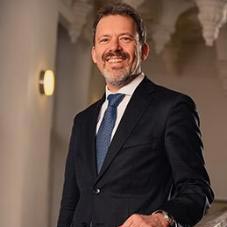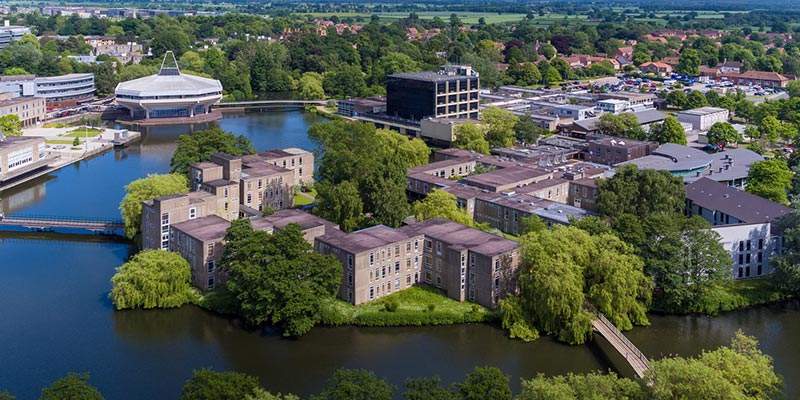
Our research

Our research creates the knowledge base needed to make transformational changes in our societies and economies to tackle climate challenges. Collaboration across boundaries that often separate academic disciplines, nations, and economic sectors is central to our approach to create an enduring, positive legacy, and ensuring no communities are left behind in the drive towards global sustainability.
Professor Matthias Ruth, Pro-Vice-Chancellor (Research)
Research related to the COP26 themes
Adaptation and resilience
Community adaptation can mitigate the worst effects of climate change and York researchers are exploring how populations can change the way they live and interact with the environment.
- Understanding family and community vulnerabilities
- York Institute for Tropical Ecosystems (KITE)
- Coastal ecosystem recovery
- Adaptive and resilient European societies
- Yorkshire Integrated Catchment Solutions
- Risk sensitive urban development
- Transformative adaptation
- Development Corridors Partnership
- Transforming food systems
- Risk and resilience in the coastal Caribbean
- Inclusive urban resilience
Nature-based solutions
The restoration and conservation of natural habitats and ecosystems is an important strand of York’s environmental research. Centered around the Leverhulme Centre for Anthropocene Biodiversity, our research focuses on re-shaping dialogues around environmental change and developing impactful methods of both conserving environments and also understanding how to value them.
Energy transitions
Utilising York’s leading-edge technological facilities, we have developed innovative solutions to energy generation, usage and efficiencies. Transforming and valorising waste resources is a critical area, including projects developing anaerobic digestion technologies, low carbon fuels and industrial biorefining to promote whole system sustainability. This is predominantly driven by our Centre for Novel Agricultural Products, Bio-renewable Development Centre, BioVale and Green Chemistry Centre of Excellence.
Clean transport
Our world-leading Wolfson Atmospheric Chemistry Laboratories use advanced measurement technologies to develop a new understanding of the emissions of NOx from vehicles, cities and from the natural environment. From the human perspective, our embedded institute, The Stockholm Environment Institute, undertakes innovative work investigating sustainable and equitable mobility in African cities, and explores traffic-related health impacts.
Finance
York environmental economists are shaping post-covid recovery by developing knowledge around new economic alternatives, developing a common vision through a large-scale, rapid, online, expert deliberative assessment through the Global Assessment for New Economics project (GANE). Our work also supports the creation of green jobs, regional business growth and is focused around the drive towards net zero. The University is also the host to one of only four COP26 fellows, Dr Jessica Omukuti, who is investigating the scaling of climate finance through local delivery.
Research centres
We have several world-class centres and institutes contributing to global sustainable development:
- Bioreneweables Development Centre
- BioVale
- Centre for Novel Agricultural Products
- Green Chemistry Centre of Excellence
- Interdisciplinary Global Development Centre
- Leverhulme Centre for Anthropocene Biodiversity
- Stockholm Environment Institute
- Wolfson Atmospheric Chemistry Laboratories
- York Environmental Sustainability Institute

